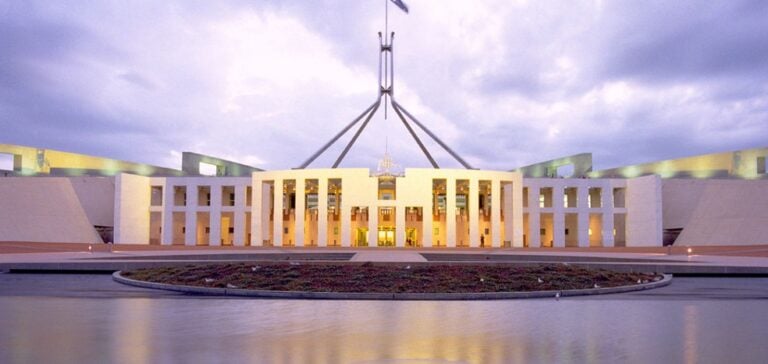Australia is approaching COP29 with a firm commitment to expand its role in combating climate change. At this conference, held in Azerbaijan, Australia plans to support stronger Nationally Determined Contributions (NDCs) under the Paris Agreement and to advocate for climate funding for developing nations. This effort is part of a broader strategy to position the country as a climate leader in the Asia-Pacific region.
In this context, global leaders are expected to commit to the establishment of a new international climate finance framework. Known as the “New Collective Quantified Goal” (NCQG), this arrangement is set to replace the current $100 billion annual fund ending next year. This shift in climate financing is crucial for the Australian government, which has placed this issue at the center of its participation in COP29. According to Logan Reese, Associate Director of Research at S&P Global Commodity Insights, this initiative aims to secure a consensus and coordinated action to meet the needs of vulnerable nations.
Australian Energy Minister Chris Bowen is a central figure in this effort, seeking to strengthen financial commitments, particularly for small Pacific island nations. In 2022, Australia announced a $100 million contribution to support Pacific island resilience, and it is expected that this support will be intensified during COP29.
Support for Post-2030 Climate Goals
In parallel, Australia is working to consolidate its climate goals for the post-2030 period, a position that draws attention to its ambitious emission reduction policies. The country has committed to reducing emissions by 43% below 2005 levels by 2030 and achieving net-zero emissions by 2050. These targets are enshrined in the Climate Change Act passed in 2022, demonstrating Australia’s firm intent to align with the 2°C scenario set forth by the Paris Agreement.
Additionally, several domestic policies support this trajectory, including the Safeguard Mechanism, which requires large companies to maintain emissions within a certain threshold. Australia has also set an ambitious target to achieve 82% renewable energy in its grid by 2030. According to Matt Lyon from Climateworks, these combined efforts by federal authorities and local governments show Australia’s strong commitment to reducing its overall emissions.
Promotion of Green Hydrogen
At COP29, Australia also intends to promote its emerging renewable hydrogen industry. As part of the Hydrogen Action Initiative, a priority project under COP29’s Action Agenda, the country aims to develop supply chains tailored to Asian markets. This ambition targets countries such as China, Japan, South Korea, and India, where Australia traditionally supplies coal and iron ore.
Tony Wood, Director of the Energy and Climate Change Program at the Grattan Institute, highlights the importance of these markets, where some stakeholders are willing to pay a premium for sustainably manufactured products. The hydrogen initiative could thus support the development of specific projects to prove the technical feasibility of this transition.
The Azerbaijani presidency of COP29 has also prioritized low-carbon hydrogen, hoping to create a global market for hydrogen and its derivatives. Currently, Australia has over 150 renewable hydrogen production projects with an estimated capacity of 17 million tons, according to Commodity Insights’ hydrogen asset database.
Carbon Credits Market and International Demand
Australia’s potential opening of its carbon credit market to international transactions is another significant initiative in the context of COP29. This sector could benefit from the growing demand for Australian Carbon Credit Units (ACCUs), though this increased demand could drive up their price, making compliance with emissions reduction obligations more costly for Australian companies.
Recent assessments by Platts placed the price of ACCUs at AUD 39.65 per ton of CO2, marking a significant rise over recent months. In comparison, European Union Allowance prices for December delivery stand at EUR 66.01 per ton of CO2, indicating a general upward trend in global carbon credit prices, a key issue for Australia as it considers increased participation in the international market.






















